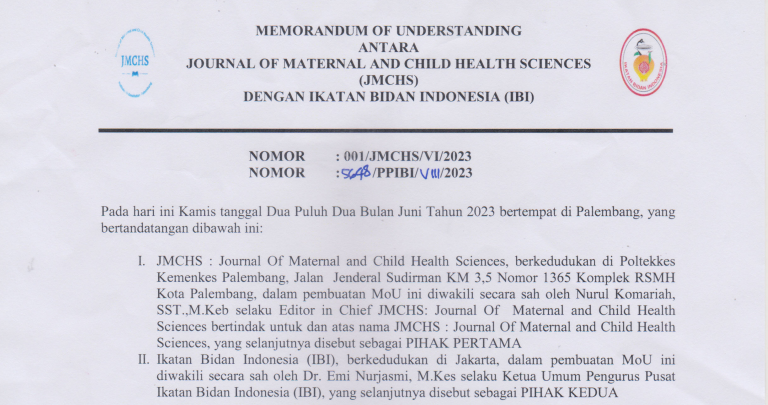Effectiveness of self-hypnosis In Overcoming Sleep Disorders In Menopauseal Women
Keywords:
sleep disorders, self-hypnosis, menopause
Abstract
Menopause is the natural end of the menstrual cycle, a woman is said to have reached menopause when she has not had menstruation again for at least 12 months. In Indonesia, data from the Central Bureau of Statistics shows that 15.2 million women out of 118 million women experience menopause, so with the high prevalence of menopausal women, symptoms that can make a woman's quality of life worse should be addressed with various efforts.Sleep disorders commonly experienced by menopausal women can reduce the quality of life f or women when they enter menopause. Methods This study used a quantitative research type using the Quasi Experiment method with two pretest- posttest control groups, this study analyzed the effectiveness of self - hypnosis in the experimental group whose samples were observed before and after being given treatment. Results Based on the results of the Wilcoxon statistical test, there is a significant effect of audio self - hypnosis on the level of sleep disturbance in menopausal women obtained a P-value of 0.0000 < 0.05. There is a significant effect of self - hypnosis on the level of sleep disturbances in menopause. Conclusion Based on the analysis of the discussion, it can be concluded that Self - hypnosis is effective for dealing with sleep disturbanc es during menopause.
Published
2023-06-30
Section
Articles
Copyright (c) 2023 Journal of Maternal and Child Health Sciences (JMCHS)

This work is licensed under a Creative Commons Attribution-ShareAlike 4.0 International License.
Authors who publish with this journal agree to the following terms:
- Authors retain copyright and grant the journal right of first publication with the work simultaneously licensed under a Creative Commons Attribution License that allows others to share the work with an acknowledgement of the work's authorship and initial publication in this journal.
- Authors are able to enter into separate, additional contractual arrangements for the non-exclusive distribution of the journal's published version of the work (e.g., post it to an institutional repository or publish it in a book), with an acknowledgement of its initial publication in this journal.
- Authors are permitted and encouraged to post their work online (e.g., in institutional repositories or on their website) prior to and during the submission process, as it can lead to productive exchanges, as well as earlier and greater citation of published work












